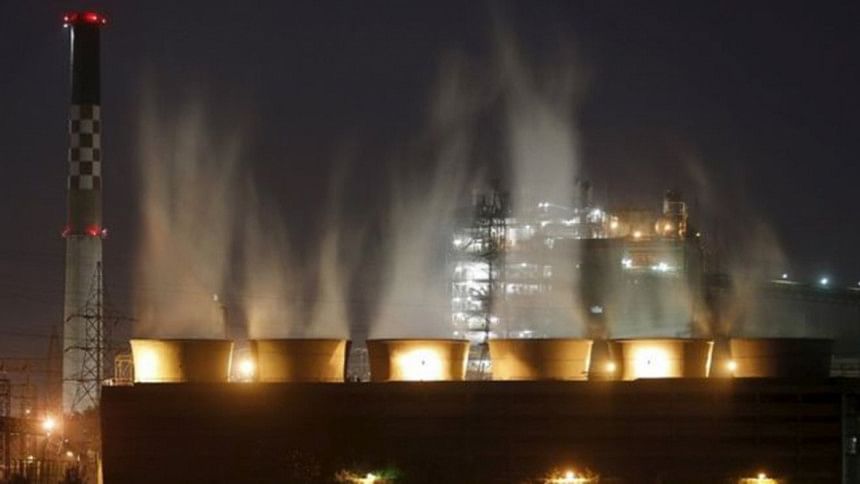What Paris deal means for developing world

International agreements are really an exercise in applied etymology - the meaning of words.
Behind the closed doors of the negotiating rooms at the climate conference in Paris last week, the debates were all about subtle differences in the language used.
Indeed, a dispute over the words "shall" and "should" almost derailed the entire deal.
The distinction says a lot about the implications of the deal for developing nations like India.
Like the rest of the world, India hailed the global climate pact signed on Saturday as a rare triumph of global partnership.
"Outcome of #ParisAgreement has no winners or losers," tweeted Indian Prime Minister Narendra Modi. "Climate justice has won & we are all working towards a greener future."
LEGAL OBLIGATION
But as the first flush of joy fades, the discussion is now all about what the deal really means - and the "shall/should" dichotomy is central.
It arose in the final hours before the historic deal was signed - and brought the momentum of negotiations to a juddering halt.
Lawyers working for the American negotiating team discovered a clause deep in the document had been tweaked.
Article 4 now read that wealthier countries "shall" set economy-wide targets for cutting their greenhouse gas emissions. Previous drafts had used the word "should".
John Kerry, the US Secretary of State, was unequivocal: "Either it changes or President Obama and the United States will not be able to support this document."
Shall was duly replaced with should and - to the relief of the US and the French organisers there was no outcry - the deal went ahead.
The change was very significant - "shall" implies a legal obligation, should does not.
Instead of concrete commitments to emissions cuts by the developed world, they are now just an aspiration.
It is just one of a number of ways in which the "differentiation" - another key word - between the developed and the developing world has been substantially diluted.
The idea of "common by differentiated responsibilities" was the central plank of the developing world's approach to the climate change issue, and was at the heart of the Indian demand for "climate justice".
The idea is that while tackling climate change is everyone's duty, the developed world has got rich using fossil fuels and, therefore, should bear more of the burden of making the change.
CAUSING ANXIETY
Both phrases are mentioned in the final document a number of times but not in a sense that involves any legal obligation.
Crucially the idea of "historical responsibilities" - another important phrase in the climate lexicon of the developing world - has been erased from the final version of the pact, says Chandra Bhushan, deputy director of the Indian environmental think-tank, the Centre for Science and Environment.
At the same time the Paris deal obliges developing countries to take publically announced emission reduction actions - a major change from the 1997 Kyoto Protocol where only rich nations were required to do so.
To reflect that new obligation the Paris deal commits developed countries to provide $100bn (£65bn) a year to help finance new technologies and mitigation in developing nations.
But, again this pledge is not part of the legally binding section of the agreement.
That means that loans and bilateral development assistance may be counted as contributions to the total, worry some observers.
And there is another clause which is causing anxiety here in India. It says "finance flows should be consistent with a pathway towards low greenhouse gas emissions and climate resilient development".
The fear is that it could be used to frustrate the ambitions of countries like India which plan to develop their economies with a huge increase in power generated from coal.
Now, of course, that is a good thing for the global climate, but not for Indian politicians who have always insisted that economic development must come before tackling climate change.
Yet despite these caveats there is a recognition here in India, as elsewhere in the developing world, that compromise was inevitable to get the deal.
President Obama put it best. "No agreement is perfect, including this one," he said. But "this agreement represents the best chance we have to save the one planet we've got".
Paris proves that those are words the entire world can agree with.

 For all latest news, follow The Daily Star's Google News channel.
For all latest news, follow The Daily Star's Google News channel. 







Comments